Agile Advantage Ed. 6 - Why CFOs should prioritise renewable energy investments in 2025
.jpg)
As the global economy shifts towards sustainability, renewable energy has become more than just an environmental concern; it is now a critical component of long-term business strategy. For CFOs, the question is no longer whether to invest in renewables, but how quickly can they make the transition. By 2025, renewable energy should be a top priority for CFOs, not just as a way to reduce carbon footprints but as a strategic financial move with significant returns.
The financial case for renewable energy
Renewable energy solutions, such as solar and wind power, are no longer niche investments or costly alternatives. Over the past decade, the cost of renewable technologies has plummeted, making them more financially attractive than ever.
Stat: According to the International Renewable Energy Agency (IRENA), the cost of solar photovoltaic (PV) energy has dropped by over 80% in the past 10 years, while wind energy costs have decreased by 40%.
Insight: With these dramatic cost reductions, renewable energy is now a competitive and often more affordable energy source compared to traditional fossil fuels.
For CFOs, the key takeaway is clear: the return on investment (ROI) for renewable energy has never been more compelling. By transitioning to solar or wind, companies can reduce their dependence on volatile energy markets, lock in lower long-term energy costs, and improve financial predictability.
Boosting profitability through energy savings
One of the most immediate financial benefits of adopting renewable energy is significant savings on energy bills. For businesses with high energy consumption—such as manufacturing plants, large retail chains, or office buildings—solar energy can deliver substantial cost reductions.
Stat: A 2024 report from the Clean Energy Council found that Australian businesses could save up to 50% on their energy bills by installing solar panels, depending on their energy consumption and system size.
Example: For example, a large retail chain in Australia installed a 1,000 kW solar system and saw a reduction of $200,000 annually in energy costs, paying off the initial investment in just over five years.
By implementing renewable energy systems, CFOs can also protect their businesses from the rising costs of conventional energy, especially as global energy markets continue to experience instability. Renewable energy provides a predictable, low-cost alternative that can stabilise operating expenses over the long term.
Enhancing corporate sustainability and attracting investment
In addition to direct cost savings, there is a growing body of evidence that sustainability initiatives—including renewable energy adoption—improve a company’s appeal to investors. Institutional investors and shareholders are increasingly demanding that businesses address environmental, social, and governance (ESG) concerns, including their carbon footprint.
Stat: According to a 2024 study by the Australian Investment Council, 72% of institutional investors consider a company’s sustainability practices when making investment decisions.
Insight: For CFOs, this means that adopting renewable energy not only reduces costs but also positions the company as a leader in sustainability, making it more attractive to investors and potential partners. Additionally, it can help mitigate risks associated with climate change and regulatory pressure.
Mitigating risks and future-proofing the business
Investing in renewable energy also helps mitigate the financial risks associated with climate change, carbon taxes, and environmental regulations. Governments around the world, including Australia, are tightening regulations on emissions, and businesses that fail to adapt risk facing penalties or increasing operational costs in the future.
Stat: Australia’s government has committed to achieving net-zero emissions by 2050, and carbon pricing mechanisms are expected to become more stringent in the coming years.
Example: A major Australian manufacturer took proactive steps by installing a 2 MW solar system to offset its carbon emissions and avoid future carbon tax liabilities. This not only helped the company comply with regulations but also improved its public image and attracted more eco-conscious customers.
For CFOs, renewable energy is not just an environmentally responsible decision but a financially prudent one that reduces exposure to regulatory risks and future-proofing the business against changing laws.
The growing renewable energy market
The global market for renewable energy is expanding rapidly, and Australia is no exception. With increased government incentives, including the Australian Renewable Energy Agency (ARENA) funding and various state-level rebates, the cost of renewable energy installations continues to decrease.
Stat: In 2024, ARENA committed over $250 million to support clean energy projects in Australia, including solar, wind, and battery storage technologies.
Insight: These incentives can significantly reduce upfront costs for businesses looking to transition to renewable energy, making now the ideal time for CFOs to act.
Conclusion - A strategic financial move for CFOs
As we move towards 2025, renewable energy will be a cornerstone of corporate strategy. For CFOs, this is not just an operational or sustainability issue; it is a financial one. The combination of long-term savings, risk mitigation, regulatory compliance, and enhanced investor appeal makes renewable energy investments a smart, strategic priority.
By embracing renewable energy, CFOs can ensure that their companies remain competitive, sustainable, and financially robust in an increasingly green economy. Now is the time to act—renewable energy is not just a cost-saving measure, it’s a smart investment in the future.
Learn more at https://agileadvantage.au/

Agile Advantage Ed. 14 - Winning the war on peak prices: Load Shifting, Storage and Smart Controls for C&I

Agile Advantage Ed. 14 - The 2026 solar health check: From legacy systems to strategic assets
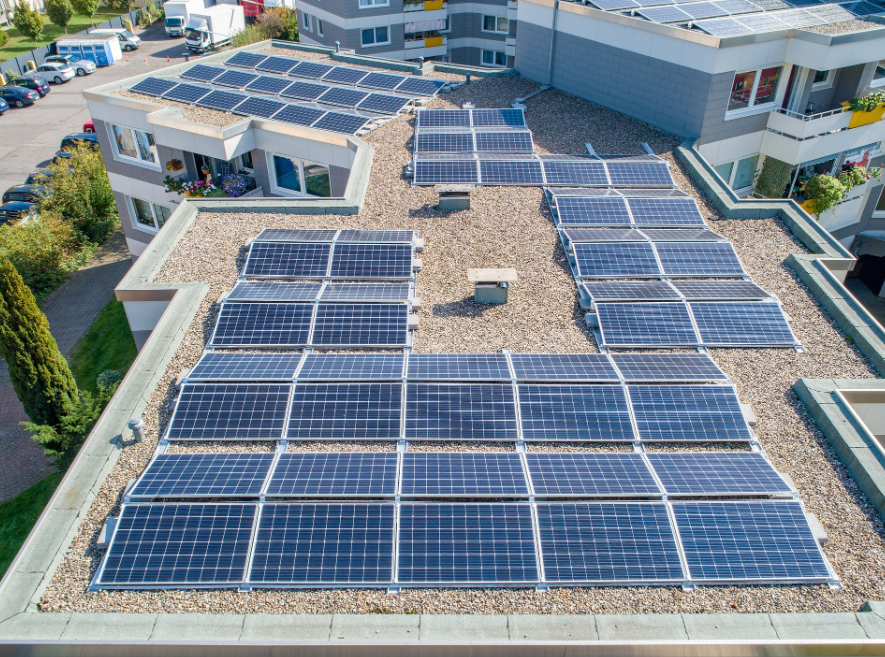
Solar vs Grid Energy Price Escalation: 2025 Outlook
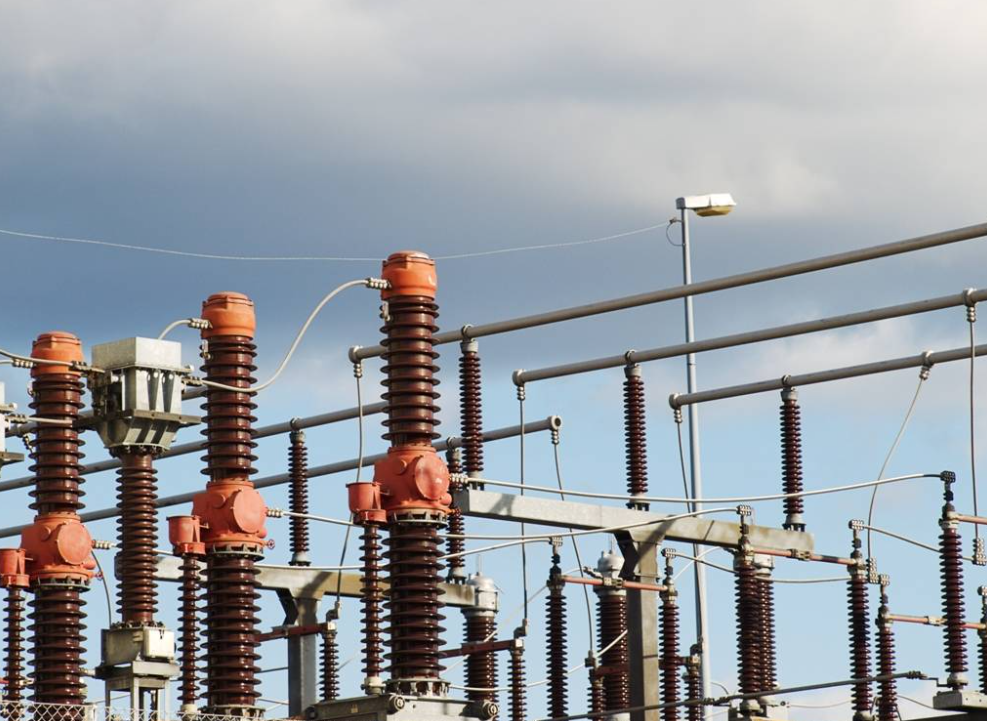
Agile Advantage Ed. 13 - From energy users to market participants: How Agile businesses are monetising flexibility
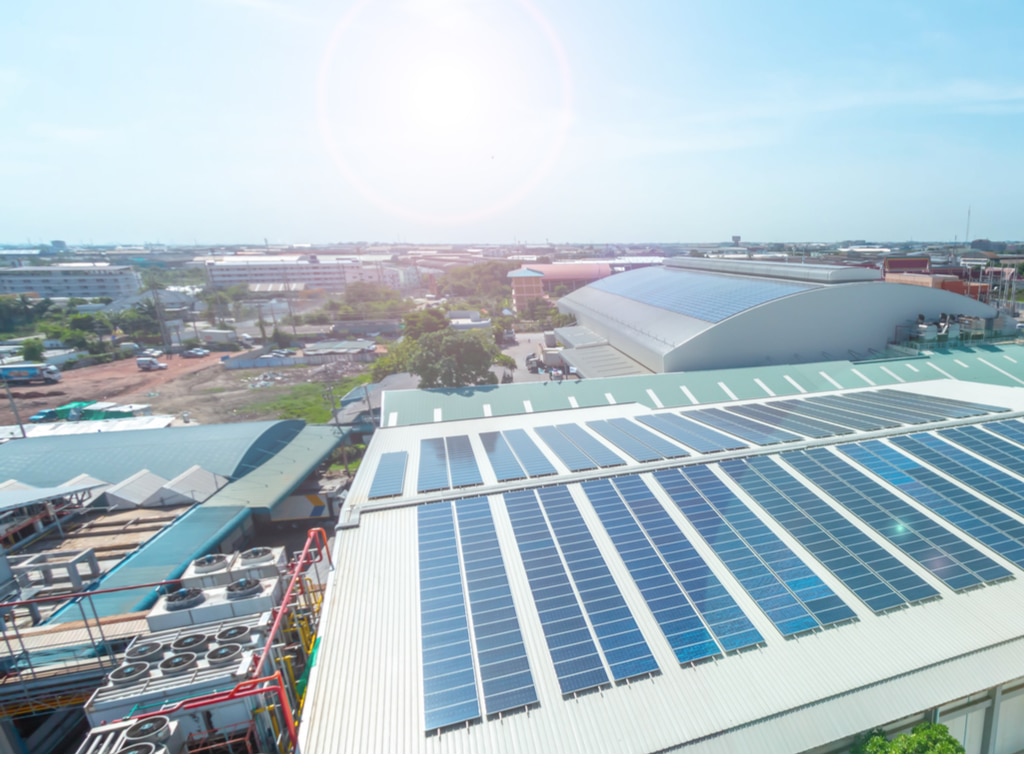
Mandatory Climate Reporting: What CFOs need to know (2026–2028)

Agile Advantage Ed. 11 - Unlocking full value from solar & storage: The business case for batteries
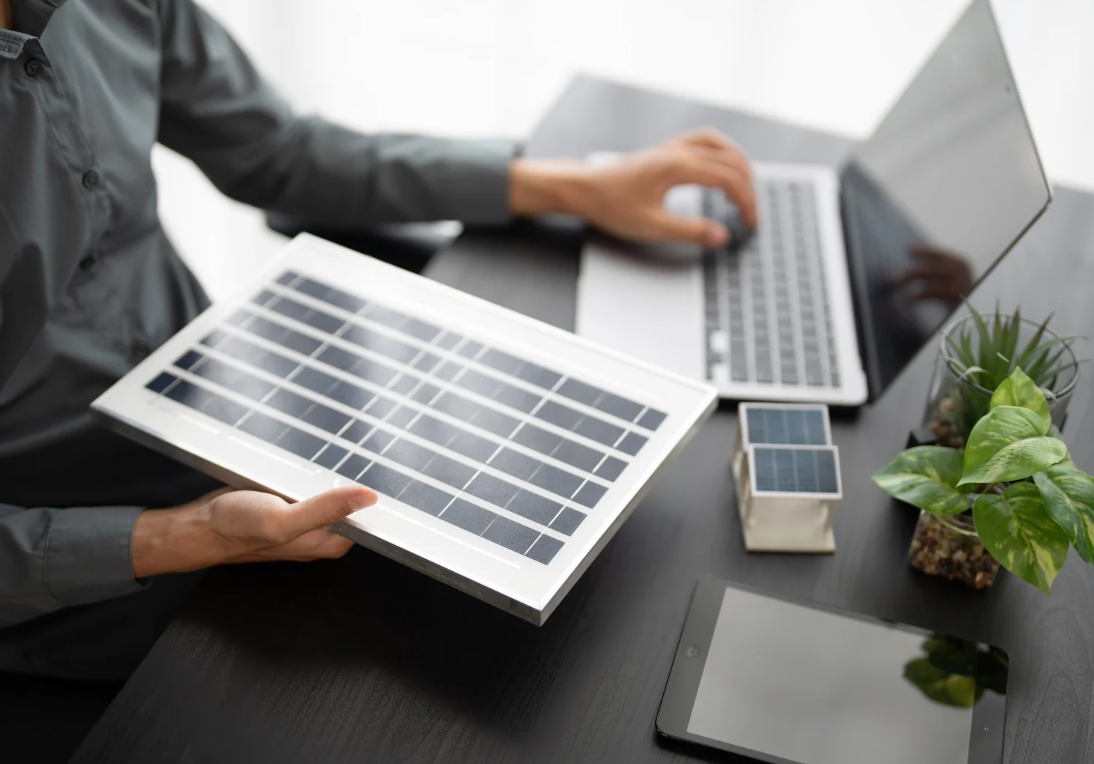
End-of-Year Energy Audit: 10 ways to start 2026 leaner and cleaner

Agile Advantage Ed. 10 - Embedded Networks 101: Turning electricity from a cost centre into a profit centre
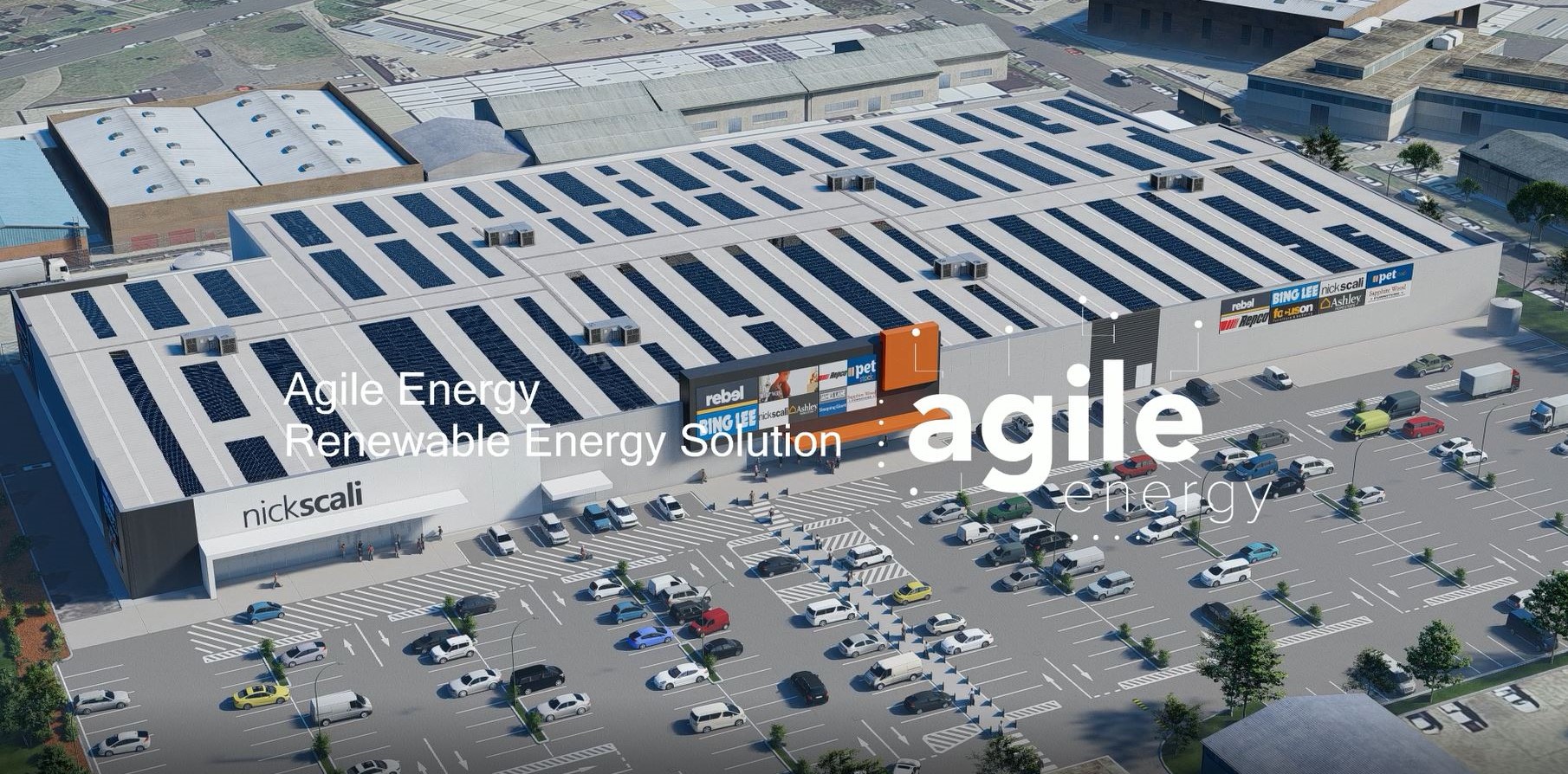
Top 5 Energy Incentives for Australian Businesses (2025)

Managing solar and battery rollouts for national portfolio

Risk management in renewables
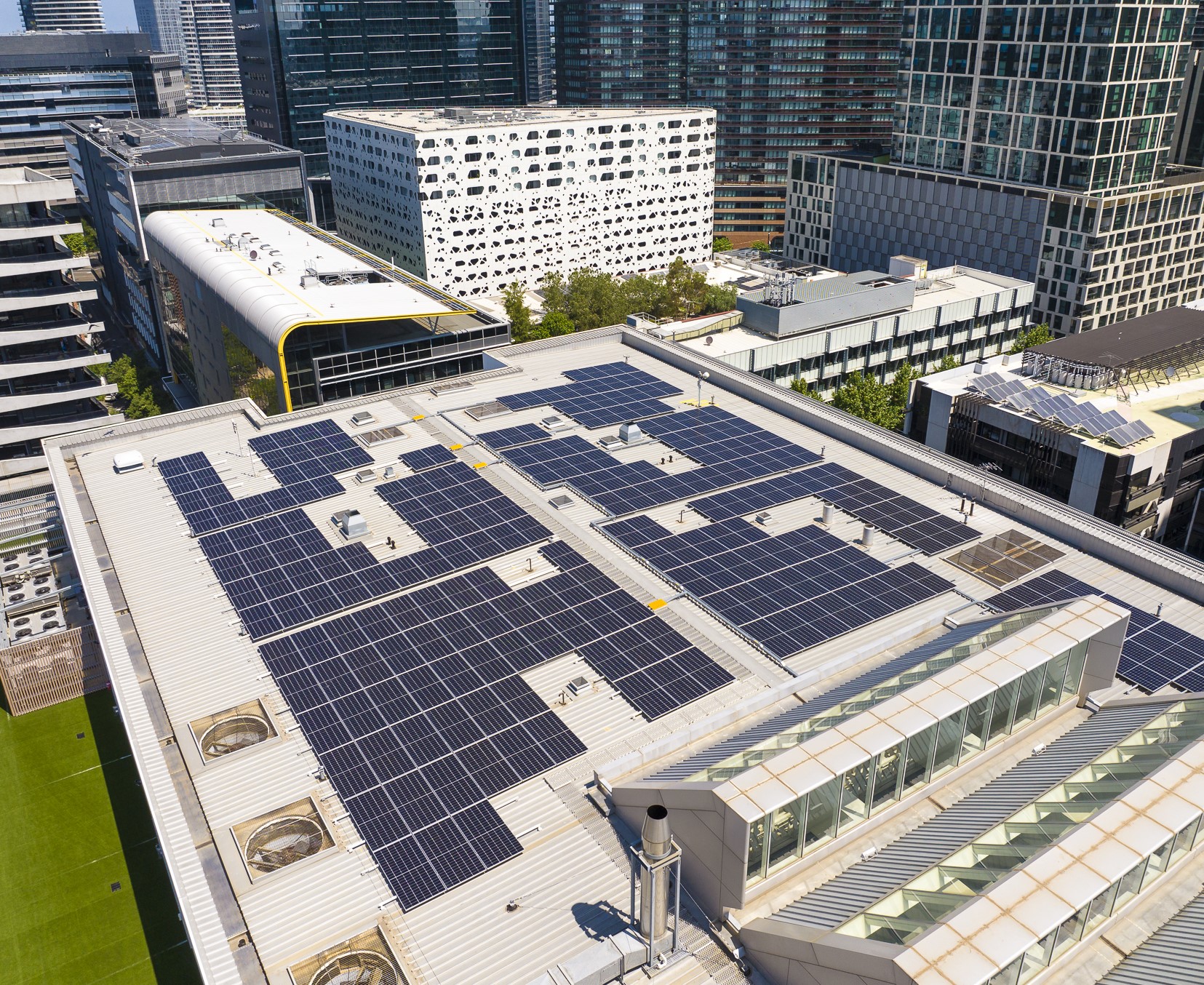
Commercial solar ROI in 2025: Maximise your business savings

Scaling SAFe in large-scale energy organisations: How executives can harness the Scaled Agile Framework (SAFe) to accelerate the energy transition

Always-On Agile operating model for Australia’s energy transition

Integrated energy & carbon strategies: A Playbook for future-proofing Australian manufacturing

Weathering the storm: Protects solar assets from heavy rainfall risk
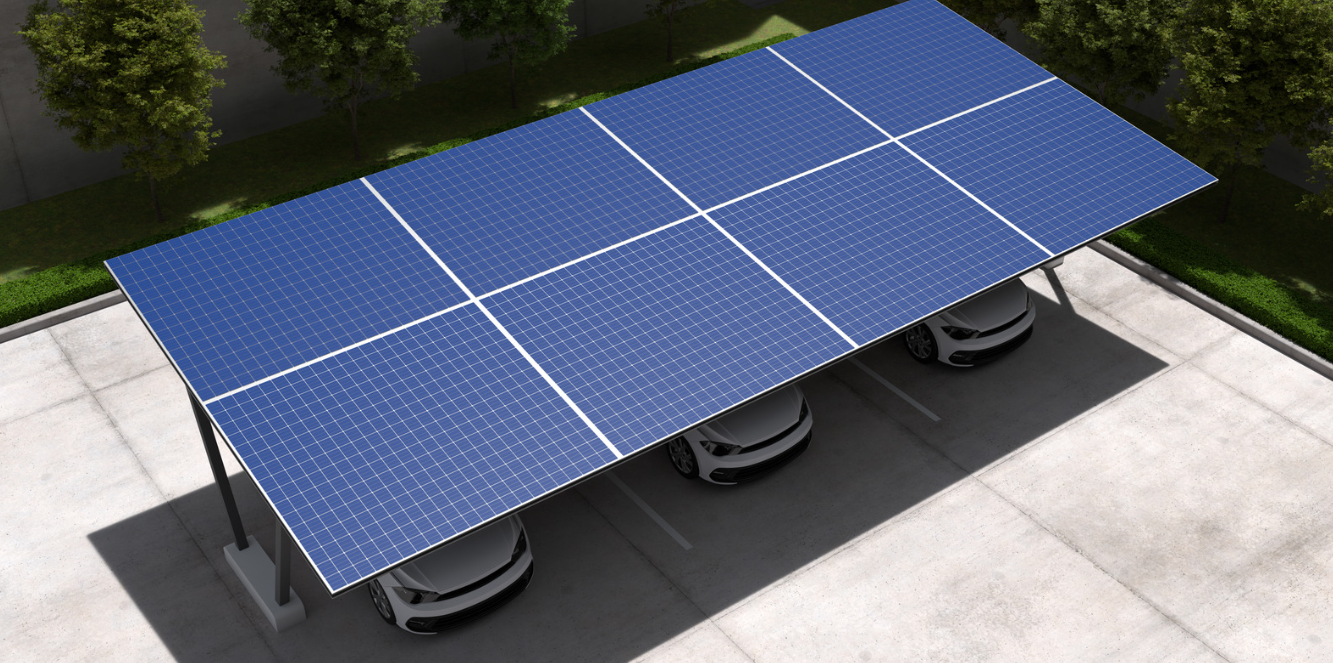
Transforming dead space into active assets: How Agile unlocks roofs, car parks, and land for revenue

Agile Advantage Ed. 9 - Why energy data is the new gold for Australian manufacturer
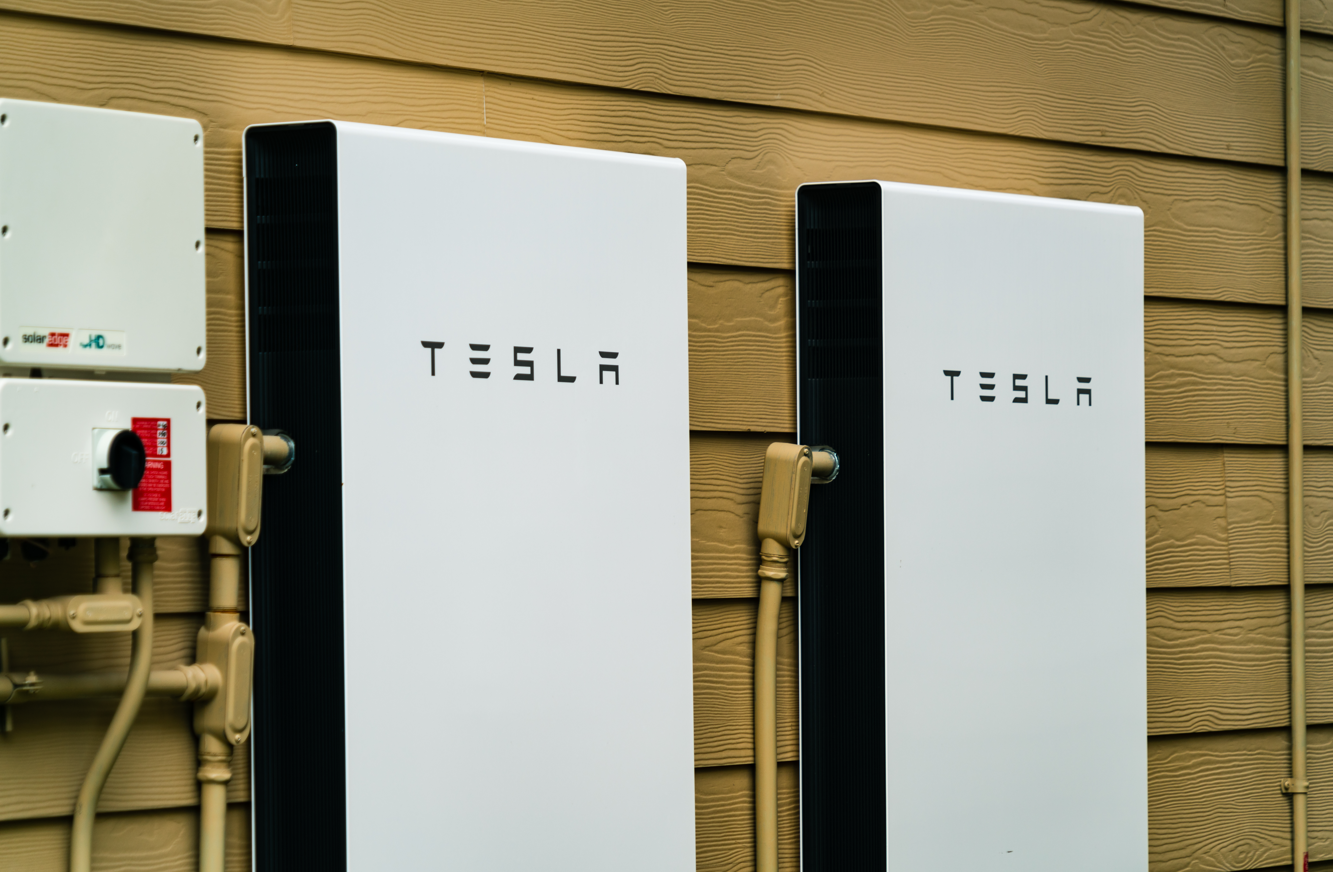
Solar Battery Rebate

Agile Advantage Ed. 8 - E is Everything: Energising Australian Businesses

Agile Advantage Ed. 7 - Riding the renewable wave: Why Australian businesses are embracing solar energy

Empowering Australian Businesses: Unlocking energy efficiency and sustainability

Agile Advantage Ed. 5 - Inspiring the young workforce: How rolling out renewables sparks motivation

The power of vertical integration in solar project delivery

Agile Advantage Ed. 4 - Making complex simple: Navigating the complexity of solar installations

Rising cost of insurance : Impact on solar assets

Monetising your solar assets: Converting pre-purchased systems into power purchase agreements (PPAs)

Agile Advantage Ed. 3 - The Magic of experience: Partnering for performance in renewables

Solar rooftop safety: Risk management guide

Agile Advantage Ed. 2 - Clear paths to carbon reduction: Renewables and more for Australian businesses

Agile Advantage Ed. 1 - Seven deadly sins of solar installations: Mistakes businesses must avoid

CEO's view on managing increasing energy costs

Carbon Accounting and your business

Join Agile Energy at the Healthcare Real Estate Summit

Carbon Projects - Where to Start?

TRADE ACCUs WITH US! From the desk of Equipoised Group
Ready to Power Your Business with Sustainable Energy?
Let's take the first step towards a brighter and greener future.



